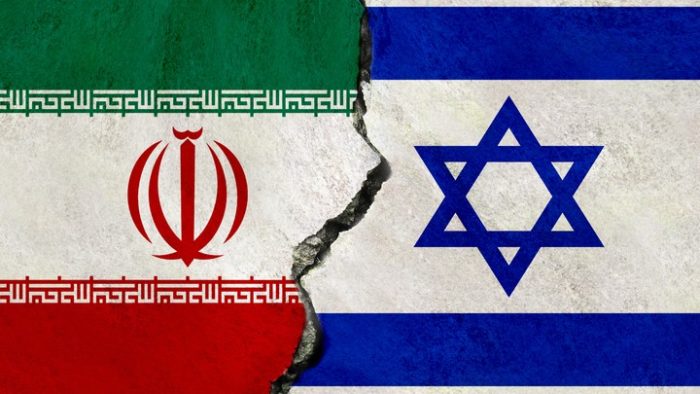The rising tension in the Middle East, especially the Iran-Israeli conflict, has continued to generate concerns across the globe, with analysts weighing its possible impact on trade, oil prices and international politics.
The conflict took a different when US President Donald Trump approved airstrikes on three Iranian nuclear sites, saying those attacks were successful and caused monumental damage. These airstrikes have escalated the tensions with Iran threatening to block the Strait of Hormuz, channel through which roughly 20% of the world’s oil supplies flow daily.
So if Iran were to close off the channel, it could trigger a major challenge for the global economy, driving up energy prices. Already the global price of crude is projected to hit $85 per barrel, meaning a higher pump price across the world.
For a top oil producer like Nigeria, the escalating tension could have both positive and negative impacts. On the positive side, the country will earn more FX inflows and fiscal revenues, creating a potential windfall, depending on it capacity to ramp up daily crude production.
- Advertisement -
With more FX inflows and fiscal revenue, the naira will strengthen against the dollar as the uncertainty about Iranian reaction against US assets continue to grow.
On the negative side, higher crude oil price could raise cost of petroleum products locally. Already, oil marketers have increased the depot prices of petrol in reaction to the rising tension. The price could go higher depending on how the parties react to the conflict.









